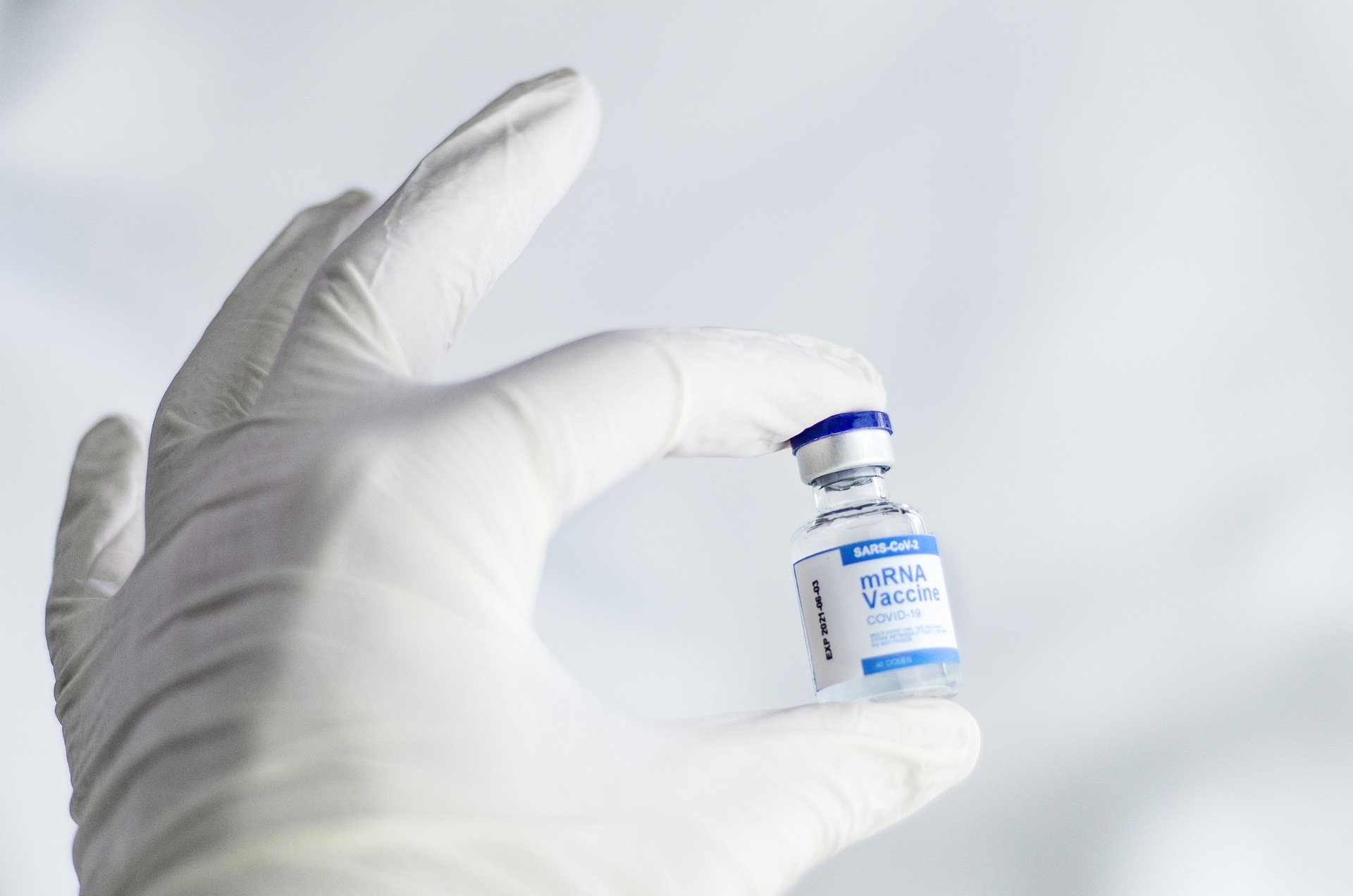The monitoring is carried out by private and federal laboratories with funding and support from the Centers for Disease Control and Prevention, according to the American Medical Association.
Every week since December 14, 2020, the medical records of millions of Americans who have received the COVID-19 vaccine are tracked, taking into account their condition before and after vaccination.
Analyzing data on 6.2 million people with a single dose of mRNA vaccine and 5.7 million people with a two-dose vaccine, the researchers found no statistics linking vaccination with 23 types of suspected serious side effects.
These include neurological disorders such as seizures, encephalitis and Guillain-Barré syndrome, cardiovascular problems such as myocardial infarction, stroke and pulmonary embolism, and other serious conditions such as Bell’s palsy and anaphylaxis.
The data do not show any statistically significant difference between the proportion of these diseases in vaccinated and unvaccinated.
Safety monitoring focuses directly on emerging public concerns caused by information about thrombosis, myocarditis in young men, or pericarditis.
There was no evidence that mRNA vaccines lead to an increased risk of blood clots.
Analysis of vaccinated people of all ages so far has not found a statistically significant association between myocarditis or pericarditis and vaccines.
Of the millions of people vaccinated, only 34 cases of heart disease have been reported in young people between the ages of 12 and 39, usually within a week of vaccination, and almost all of the patients have recovered. At the same time, the risk of developing myocarditis, for example, with COVID-19, is many times higher.
Serious side effects that can be associated with vaccines are extremely rare.
The most common severe allergic reactions, which were found in only 55 vaccinated people, most of them within the first thirty minutes after vaccination, when patients must be under medical supervision.

